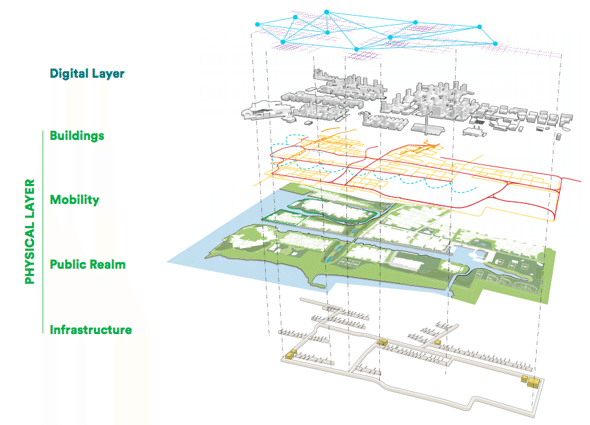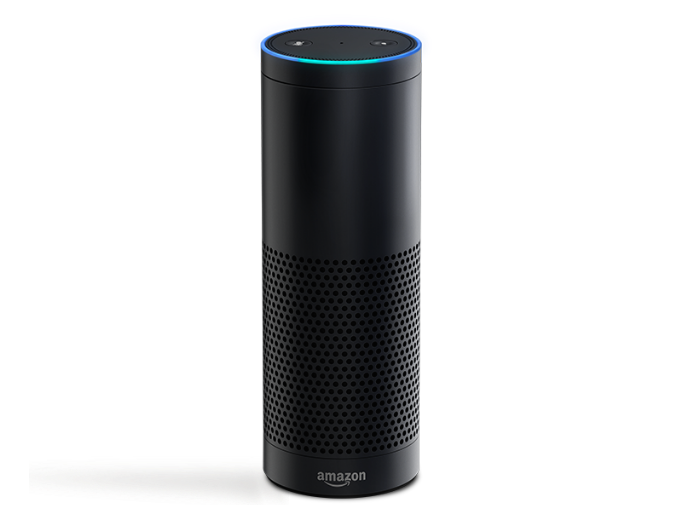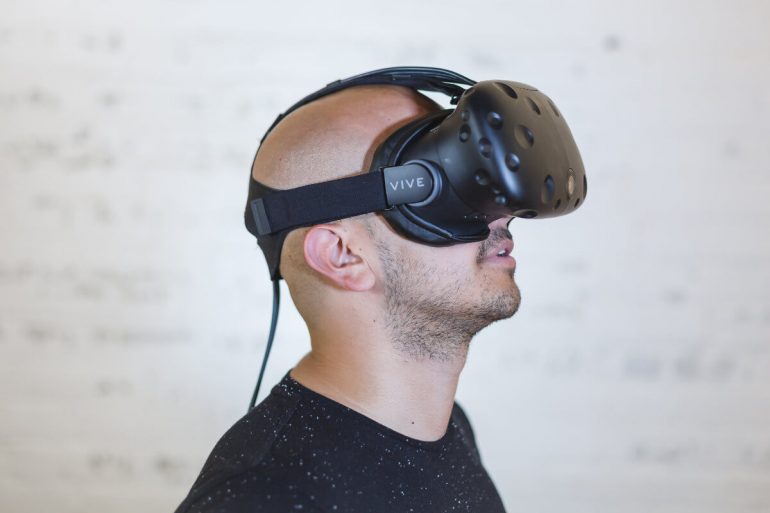Not every new technology or breakthrough has staying power. But TribalScale’s team of developers have predictions on the emergent tech that is here to stay. Each of these technologies have the power to affect our economy, politics, and systems of social organization. While some are already in full-swing, others are more abstract and still in the ideation phase. Here are the three most innovative and groundbreaking technologies according to TribalScale developers.
1. Smart Cities
“Smart cities” are still very abstract and mean many things to different people. Using Caragliu et al. (2009)’s definition: “A city is smart when investments in human and social capital and traditional (transport) and modern (ICT) communication infrastructure fuel sustainable economic growth and a high quality of life, with a wise management of natural resources, through participatory governance.”
Smart cities will involve nearly all aspects of tech — big data, voice, automation, robotics, IoT, and more – and because of that, it’s almost better to think of the smart city as a transformation. Since so much ambiguity surrounds smart cities, there is massive potential for developers (and the broader community) to have a say in what this technological transformation looks like.

The major challenge presented by smart cities is how to make this transformation seamless. How can we integrate the needed technologies and platforms, and make such infrastructural changes, without disrupting people’s livelihoods? Smart cities will involve changes at every level of industry, politics, and society, and together we will need to embrace the technological advances. For developers, we need to understand the importance of digital awareness and sustainable technology so that the entire ecosystem changes as seamlessly as possible.
As smart cities begin to tie things that have never been connected before — like your compost and groceries — new solutions and technologies will be needed to make those sorts of experiences more and more seamless. Developers will be at the front of this building the new software and applications. Check out the smart city work that is happening right here in Toronto.
2. AR and VR
AR and VR are still in the early stages of development, but the use cases of these technologies are just growing and growing. AR and VR are set to disrupt the travel and tourism industry, healthcare, and education — the technology presents countless opportunities for businesses and consumers alike. By 2021, the market size of AR and VR is expected to hit $215 billion USD, and by 2020 there will be 1 billion AR users. The market potential for AR and VR is massive.
Building for AR and VR is fairly on similar to other development, especially game development.
AR and VR presents developers with a whole new frontier. One the hand, there is much work to be done, and the technology continues to benefit from ongoing exploration and testing. Developers have the chance to push their creativity and skills to create unique, immersive experiences.
The skills needed to build AR and VR are quite similar to standard development, and are nearly the same as 3D game development. The primary difference lies with 3D UX and UI – modeling, scanning, engines, etc. So, it is crucial that the UI and UX are well thought-out and crafted seamlessly; pay specific attention to the 3D features that will help your user calibrate to the AR/VR world.
Otherwise, building for AR and VR is fairly on similar to other development, especially game development. You can use SceneKit, Unity, or Oculus Rift and you can usually program with C/C++. Nowadays, more and more virtual reality devices are coming to market (HTC Vive, Oculus Rift, the Google Daydream, the Google Cardboard, and the Samsung Gear VR), which has lowered the barriers for access and made this technology much more commonplace. AR and VR are very accessible emerging technologies that will likely be ubiquitous in the future.
3. Voice
Voice technology presents an entirely new way for people to interact with computers and technology. By easing the friction between consumers and their technology, voice has the potential to revolutionize commerce, health care, teaching, and almost any industry by removing and breaking down barriers to access.
Voice is also one of the first entry-points into AI. As developers and innovators work to make AI and robotics as intelligent as people, we expect voice and verbal communication between machine and human to be on the cutting-edge of that technological transformation. This aspect is challenging us even beyond design and development. Simply saying “thank you” to your voice technology probes new questions and understandings about how we relate to our technology. In this sense, voice is humanizing technology and changing the way we interact with it.

Voices also presents developers and designers with an entirely new landscape. For designers, voice forces you to go back to the basics of the user experience. This means keeping the user at the centre of everything, and focusing on the core experience itself without any visual distractions — the human-technology interaction is truly at the forefront.
Planning is the key to designing and building a successful voice project. Both Amazon and Google have their own APIs and web services for development (AWS Lambda, Firebase), and you can write your code in Java, Node.js, Python, or C#.
With no screen, brands truly have to be innovative think outside of the box to engage and maximize the user experience. Voice is a fast-moving train and it is the technology of today. Get in now, or watch from the sidelines tomorrow.
Thank you to Bryan Norden, Chloe Horgan, Emily Yip, Johnny Chauvet, Lionheart Xiong, and Tahsim Ahmed for their helpful insights.
Photo via Burst

